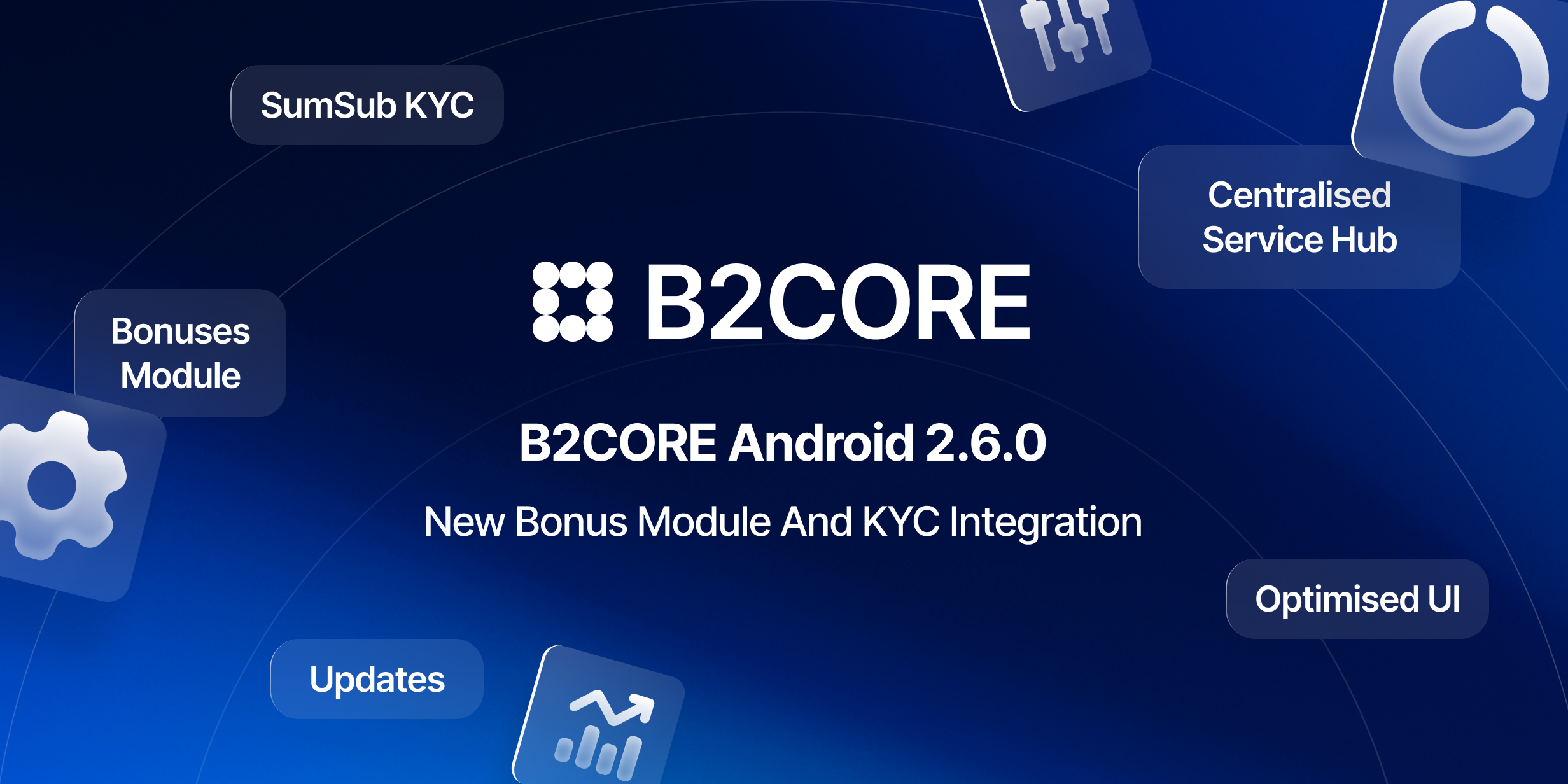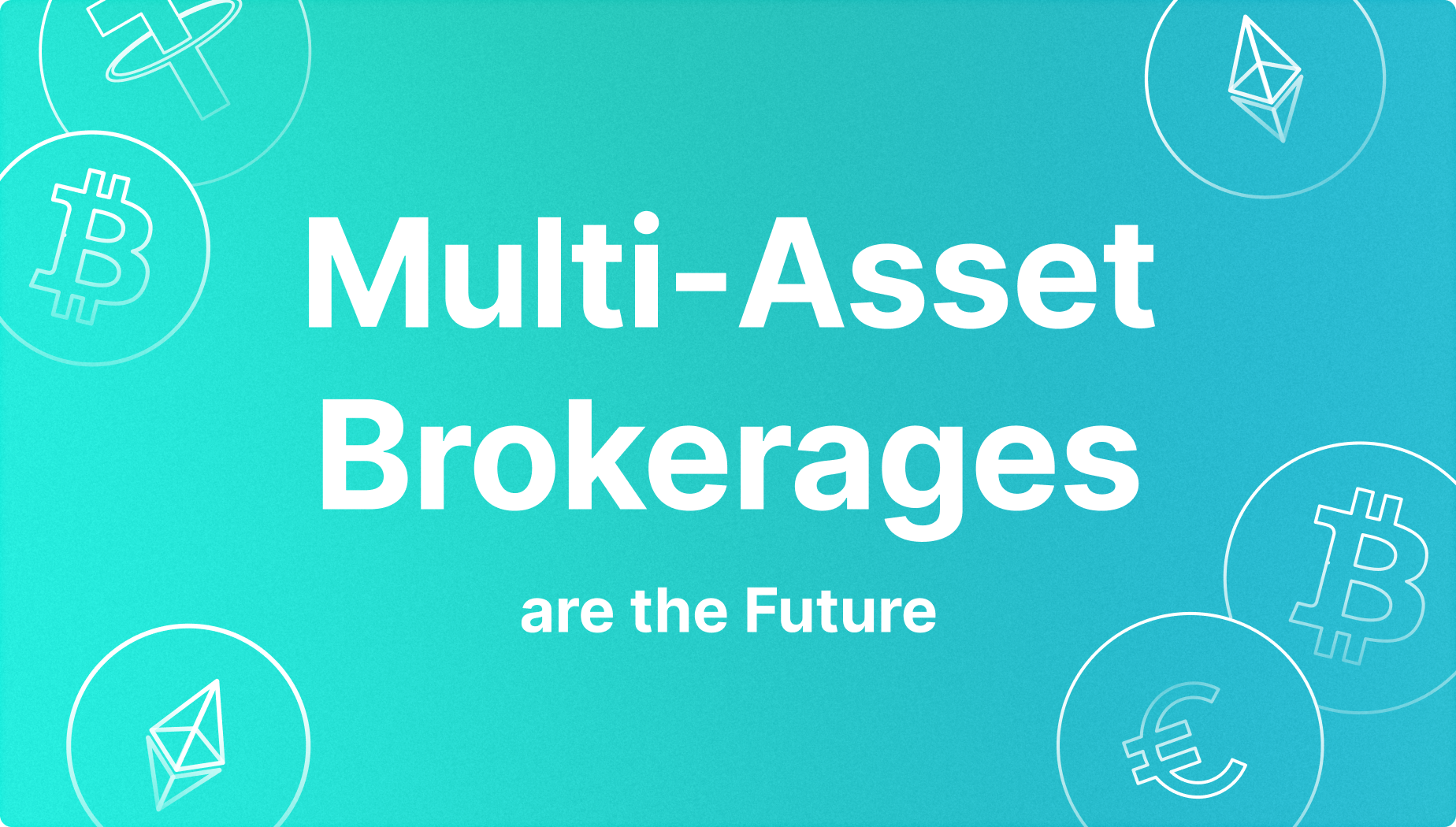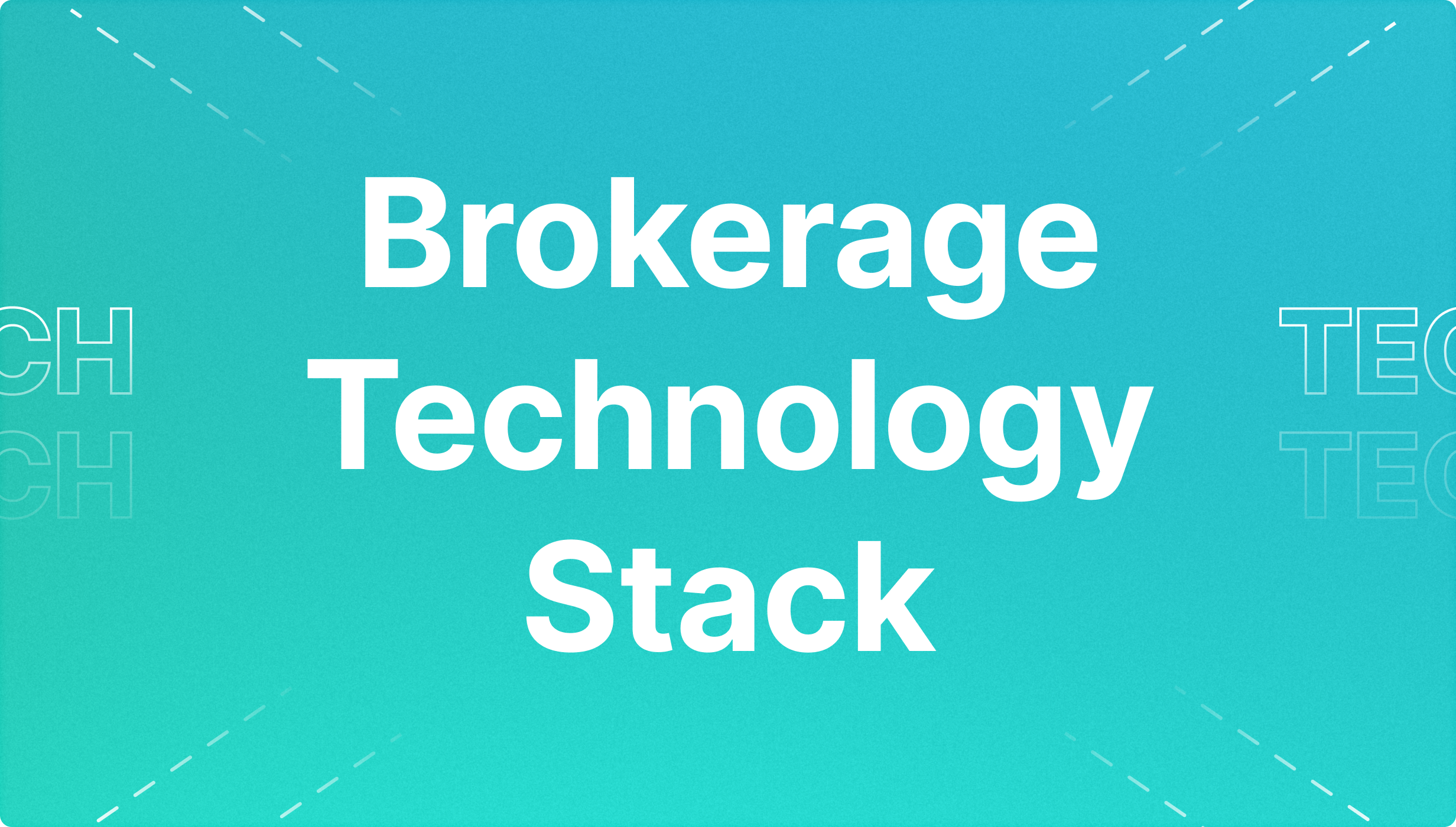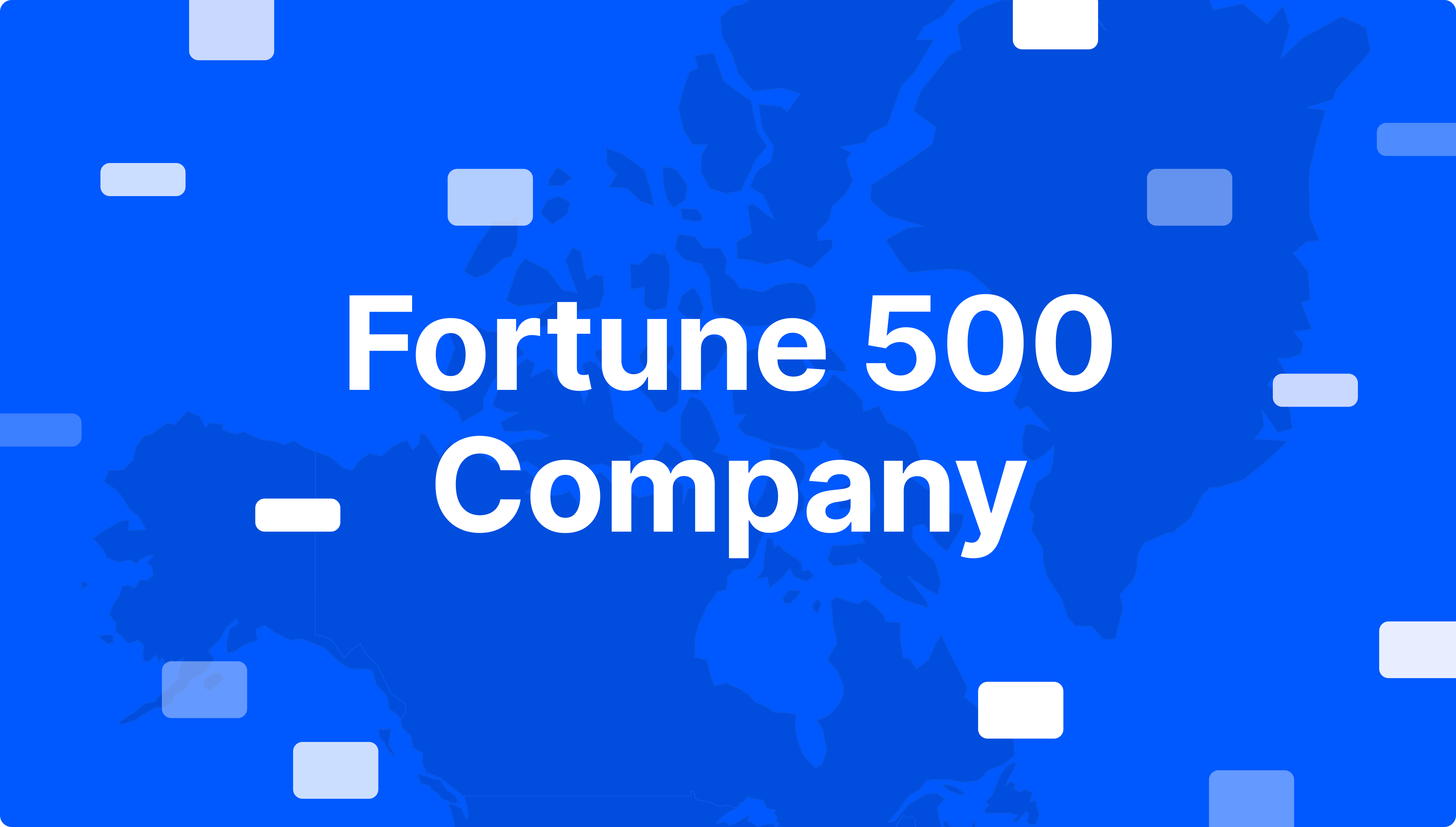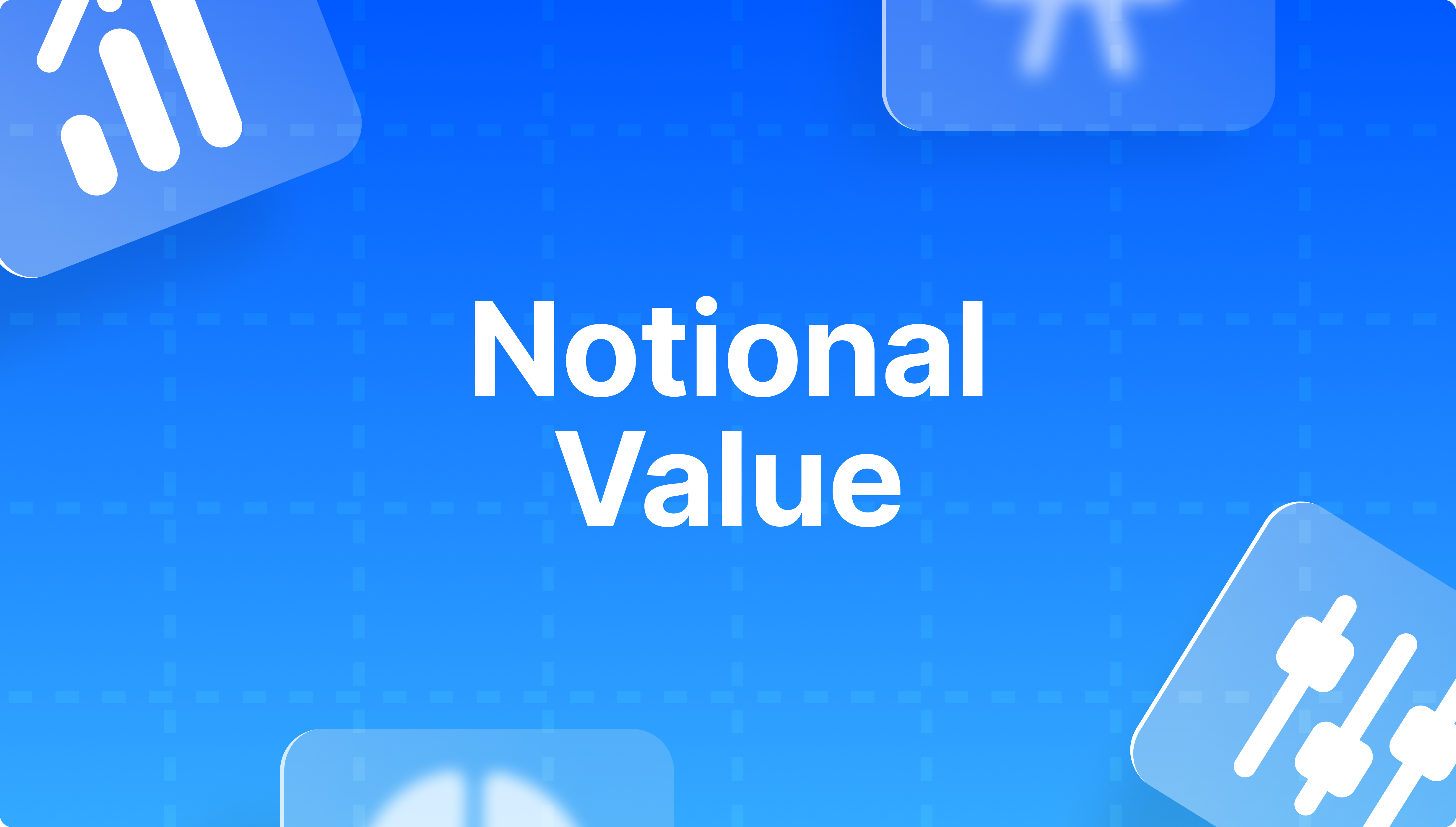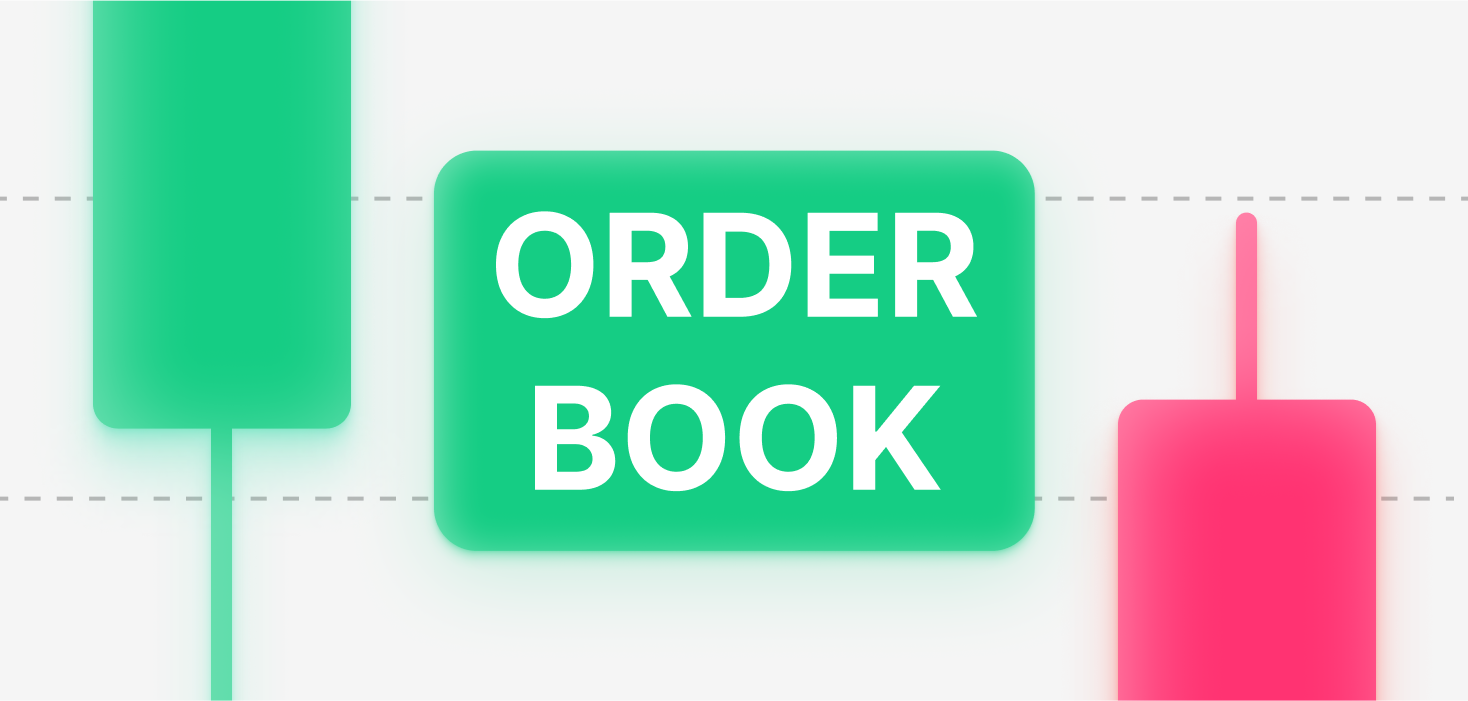What are Futures And How Do They Work?
Articles

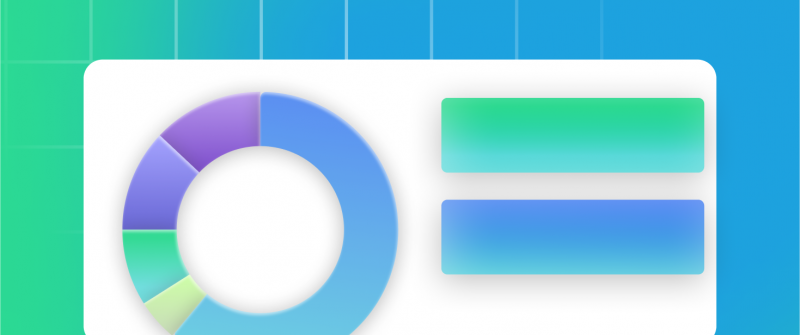
Today, electronic trading, experiencing the influence of information technology, is gradually developing within every financial market and offers incredibly great opportunities for increasing capital. Among the variety of trading methods for trading instruments regardless of the market, one of the most popular is futures contracts, which diversify the trading strategy and significantly increase the amount of the initial investment with a competent approach.
In this article, we will consider what futures contracts are, their types, advantages and disadvantages, and their difference from other derivative instruments such as options, forwards, and swaps.
Key Takeaways
- The peculiarity of futures contracts is their ability to be used as a protective mechanism in the process of hedging risks when investing in other assets.
- Futures, options, forwards, and swaps are the four categories of trading methods that make up the derivatives group.
- Cryptocurrency futures (long term) contracts are the only type of contract that may not have an expiration date at all.
What are Futures?
A futures contract is a standard exchange contract for the sale and purchase of an exchange-traded asset after a certain period in the future at a price set by the parties to the transaction at the time of its conclusion. This price-setting process in free exchange trading occurs through an electronic system or on the trading floor of organized commodity markets through an open auction. All terms of the contract are standardized except for the price, which is set on the exchange through the relationship between the supply of the commodity (“ask,” the selling price) and the demand for the commodity (“bid”, the buying price).
Unlike stocks and bonds, which emerged due to the immediate needs of the reproduction process, the emergence of derivatives (among which the most popular is the futures contract) is caused by the need to redistribute price risks. Their primary economic function is to provide economic actors with a hedging mechanism, i.e., to insure against adverse price changes in the capital market.
The underlying asset of the futures can be an extensive list of assets: (agricultural commodities, natural resources (oil, copper, gold), foreign currencies, securities, interest rates, indices, etc.). For instance, a grain future is an exchange derivative financial instrument implying an obligation of a seller or a buyer to periodically transfer money to the exchange’s clearing house depending on changes in the market price of grain (an asset) or an obligation to deliver grain at a specified time. This approach already takes into account the technological peculiarities of futures contract circulation.
According to the FIA statistical data – the global trade organization for futures, equity is the most popular group of financial instruments for futures trading in recent years.
The Most Common Types of Futures Contracts
Today, trading in futures contracts, despite its short history, has wide application in various markets, the most popular of which is the crypto market. However, it is worth noting that with a properly developed strategy, it is possible to trade futures contracts equally successfully in any market.
Before considering the main types of futures contracts, it is necessary to mention that today there are only 2 groups of futures contracts with which you can work on different markets: commodity and financial.
Commodity Futures Contracts
Commodity futures came before all others because they were originally used by producers and buyers to negotiate the delivery of a physical commodity, for example, after a harvest. In this case, both parties were sure they would receive the goods in exchange for a predetermined amount.
This group of financial instruments for trading with futures contracts includes a very wide list of all kinds of physical goods, such as:
Ferrous and Non-Ferrous Metals
Non-ferrous and ferrous futures are now one of the most popular contracts in the commodity futures group. Among the great variety of existing metals, aluminum, zinc, copper, tin, lead, and nickel are of great value among representatives of the group of non-ferrous metals. Speaking of ferrous metals, one of the most lucrative instruments for futures trading is steel, which is in great demand due to its practicality and numerous advantages.
Agricultural Products
Agriculture is a strategically important sector because all fluctuations in agricultural markets are reflected in the price situation in food markets. The potential of agriculture is excellent. It is necessary to solve its problems to build a successfully growing economy where agriculture plays a huge role and has a significant share in national exports. The most popular commodities for trading futures contracts are wheat, corn, oats, grain, rye, etc.
Energy Products
Energy futures are derivative trading instruments whose underlying assets are fossil fuels, motor fuels, or electricity. Energy futures contracts improve the oil distribution system and contribute to oil pricing. They can be written for any delivery month up to seven years in advance, but most futures contracts have 24 to 36 months terms. The main financial markets for oil are the international oil exchanges, such as the New York Mercantile Exchange.
Precious Metals
Whereas gold mining stocks are indirect investments in precious metals, futures contracts are direct investments. Not surprisingly, such a contract’s price directly depends on the value of the underlying asset. The underlying asset can be anything, but in this case, it is precious metals, the most popular of which are gold, silver, palladium, and platinum, whose value has always attracted investors.
Financial Futures Contracts
Commodity futures remained the primary type of futures contracts until the early 1970s. In 1972, financial futures appeared to protect against volatile global financial market conditions. Nowadays, financial futures account for most of the futures market trading turnover. Financial futures are divided into the following types of trading instruments.
Shares
Despite the relatively low liquidity of securities compared to the cryptocurrency market and Forex, the stock market has become one of the most popular due to the large variety of traded financial instruments and good profit percentages. The liquidity of stocks helps to trade futures on them without the fear that the underlying asset will not be delivered after the expiry time. Many stocks are in high demand among futures traders, so it is necessary to analyze them to select them.
Currencies
A currency future is a legal agreement between the seller and the buyer to buy or sell a particular currency at an agreed-upon price on a specific date in the future. This financial trading method is often used as a hedge against the risks associated with changes in exchange rates. Most currency futures are traded on the Chicago Mercantile Exchange (a member of the CME Group). The underlying asset of currency futures is always the exchange rate.
Indices
The underlying commodity in stock index futures is a stock index based on its constituent companies’ prices and market capitalization. All index futures are settlement contracts, meaning there is no actual asset delivery. Such contracts are usually purchased to create a diversified portfolio of securities because index futures can reduce the risk of market declines.
Cryptocurrencies
Cryptocurrency futures are an agreement between two counterparties to buy and sell a specific quantity of an underlying cryptocurrency at a specific futures price of a particular date and time.
Cryptocurrency futures allow investors to speculate on the future value of a cryptocurrency. For example, participants can open a long position betting on a price rise or a short position if they expect a fall.
One of the most essential advantages of cryptocurrency futures is leverage. With leverage, traders can increase capital efficiency because they are freed from having to deploy the full amount of capital.
Interest Rates
Interest rate futures are settlement contracts. The interest instrument included in it is the underlying asset. The dynamics of interest rate futures correlate with the dynamics of the U.S. dollar. Interest rate futures are often market participants’ evaluations of rate trends. For example, when futures prices rise, market participants become more optimistic as they perceive the U.S. dollar as a funding currency.
Futures contracts first emerged in the American city of Chicago in the mid-19th century as a trading center of the Midwest, where many farmers and producers of different kinds of goods flocked to sell their products.
Advantages and Disadvantages of Futures Contracts Trading
Trading futures contracts is considered one of the most popular methods of increasing capital for a reason. Like any other trading method, it has its own peculiarities, advantages and disadvantages, which determine the expediency of its use in comparison with other trading methods. Let us consider the main strengths and weaknesses of futures contracts, regardless of their type.
Advantages of Futures Contracts Trading
To begin, let’s look at the main advantages of trading with futures contracts.
Leverage
Futures contracts are known for increasing the initially invested volume of capital investments in trading. Trading in crypto assets is the most popular type, where futures contracts are most frequently used. Depending on the financial instrument, the return on trading results can reach hundreds or even thousands of percent, depending on certain parameters, such as the initial margin, the level of leverage, and the trading mode, be it long or short.
Low Fees
Compared to buying common stocks, bonds, or other similar trading instruments, trading in futures contracts does not charge high commissions. As a rule, each contract does not exceed a few cents in value. However, it is worth noting that in the case of crypto futures trading, for example, the exchange charges an additional percentage for each hour of leveraged funds, which, as a rule, is also not high.
Risk Hedging
Hedging is the sale of futures contracts to reduce risks when the price of underlying assets fluctuates when the value is guaranteed to be fixed. Insurance using this tool is as follows: a position is opened in the futures market and offsets the opposite position in the spot market. This allows the risk of price change to be closed. Contract participants receive the desired value within the required timeframe, allowing them to plan their activities.
Short Positions
In the case of stocks, when opening a short position, certain stocks are borrowed from a broker to sell them in the future and make a profit with their subsequent return. Brokers also charge interest for borrowing securities. With futures, it is different: they do not exist in the material world – they are just agreements. Therefore, buying or selling futures simply shows your position; there is no need to borrow securities from anyone.
Disadvantages of Futures Contracts Trading
Now let’s look at the main disadvantages that are inherent in trading with the help of futures contracts.
The Risk of Losses with Leverage Trading
Despite the fact that the use of leverage is an undeniable advantage, since it allows you to multiply the initially invested funds many times over, which can be reinvested later, this instrument also carries extremely high risks. The level of risk increases in direct proportion to the level of leverage and inversely in proportion to the amount of funds invested. It is necessary to pay special attention to this point in order to avoid liquidations of positions and the occurrence of losses.
Inability to Avoid Temporary Losses
Considering the purchase of classic stocks or bonds, temporary losses are those losses that appear at the moment when the price of the available asset becomes lower than its purchase price. In this case, when the trend reverses and the price of the asset increases, the losses will be repaid. Unfortunately, with futures contracts, regardless of type or market, this scenario is not possible and any losses or profits that arise only at the time of sale.
Risk of changes in Collateral Amount
This risk can be described as a consequence of improper use of leverage. As mentioned above, the higher the leverage used, the greater the risk of losing funds due to liquidating an open position in a futures contract. If the asset’s market price is too close to the price close to the liquidation price, the exchange, or broker recommends additional funds to maintain the open position for as long as possible. As a rule, if the position is liquidated, this process is accompanied by a complete zeroing of the deposit, which requires a new deposit to open new positions.
Limited Expiration Time
Futures expiration is the date on which the exchange fulfills obligations under a futures contract between buyers and sellers, and the futures itself is removed from trading on the exchange. The expiration mechanism depends on the type of futures and, as a rule, is a period with a certain number of days after which the contract is closed at the price at the time of closing. The exception in this case is the crypto market, which offers perpetual futures contacts for trading.
Futures, Options, Forwards, and Swaps: What is the Difference?
Today, in the world of finance, a balance between good profit and a moderate level of risk plays a huge role. Among all classes or varieties of financial assets, the investors pay special attention to the category of high-risk trading methods, which can provide optimal conditions for obtaining significant profits if leverage is properly handled. This class is called derivatives and includes futures, options, forwards, and swaps. Let’s consider each of them in more detail.
Futures
A futures contract is a contract between two parties in which both parties agree to buy and sell a specific asset in a particular quantity and at a predetermined price on a specified date in the future.
Futures contracts are quantities of various commodities, currencies, and indices, offering traders a wide range of commodities to trade. Traders can buy or sell futures contracts any time the market is open. Futures have no restrictions on day trading like the stock market, another famous day trading market.
Options
An option is an agreement to buy or sell an underlying asset at an established price within a certain period. The investor can use it to hedge the risks that his securities will take a different direction than he would like them to take, i.e., to hedge them and make a profit irrespective of the direction the markets take.
The buyer of the option gets the right to redeem or sell the asset, but may not exercise this right and not conclude a deal by the end of the contract period. Since the buyer doesn’t need to conclude a transaction, in the worst-case scenario, the buyer can only lose the option’s value. However, the seller of the option is obliged to execute it upon request if such is received before the expiry of the contract.
Forwards
A forward contract is when deal makers agree to deliver an asset of a certain quality and quantity at a certain future date. The obligation of one party to the agreement is to transfer securities, currency, or other assets that the underlying asset to the ownership of the other party not earlier than the third day after the date of conclusion of the agreement, the obligation of the other party is to accept and pay for such an underlying asset. As a rule, the forward contract does not contain the obligation of the parties or the party to the contract to pay monetary amounts depending on changes in the prices (values) of the underlying asset and (or) the occurrence of a circumstance that is the underlying asset.
Swaps
Swap contracts are simultaneous sales, for example, of foreign currency in approximately equal amounts, subject to settlement on different dates, the purchase, or sale of foreign currency on the nearest date with a simultaneous counter transaction for a specified period. Swap transactions almost completely eliminate currency risk.
All of the above trading methods within derivatives have their pros and cons, as well as distinctive features that make them unique. To make it easier to understand which one should be chosen for trading, here is a summary table.
Conclusion
To sum up, it is necessary to say that futures, one of the trading methods within the group of derivative trading instruments, are a powerful tool for increasing capital for beginners and professional traders. Regardless of the level of knowledge and experience in trading in financial markets, one should always remember that this is quite a risky instrument, incorrect handling of which can bring an unpleasant surprise in the form of a complete loss of capital.








